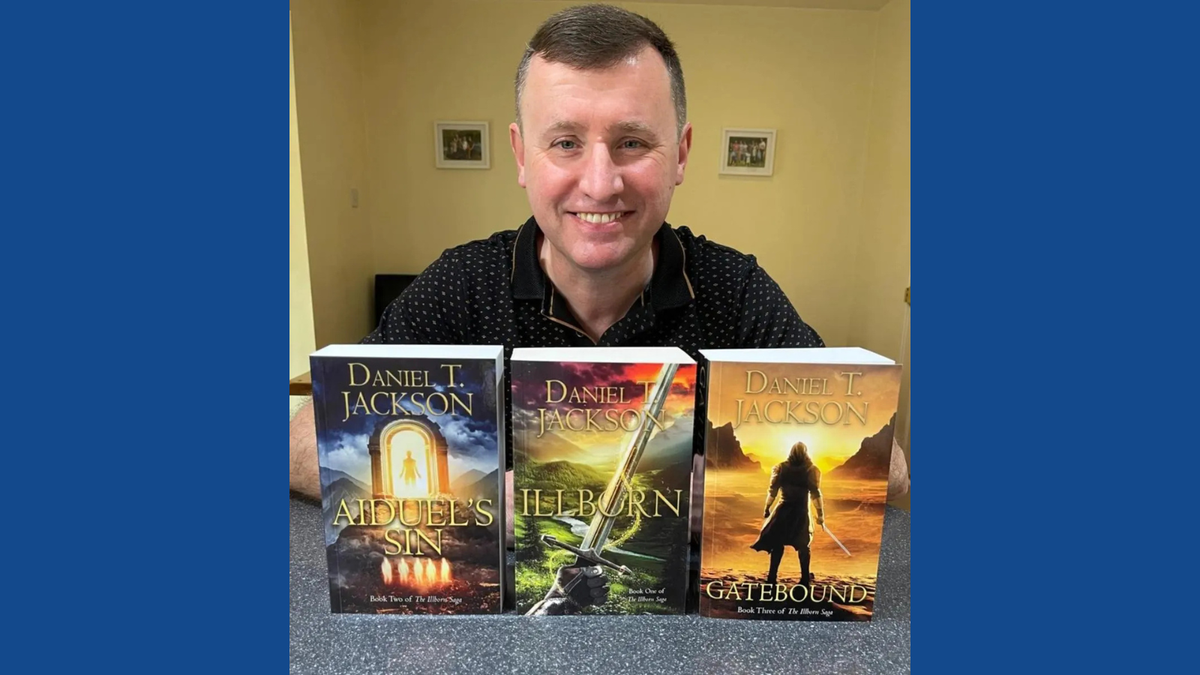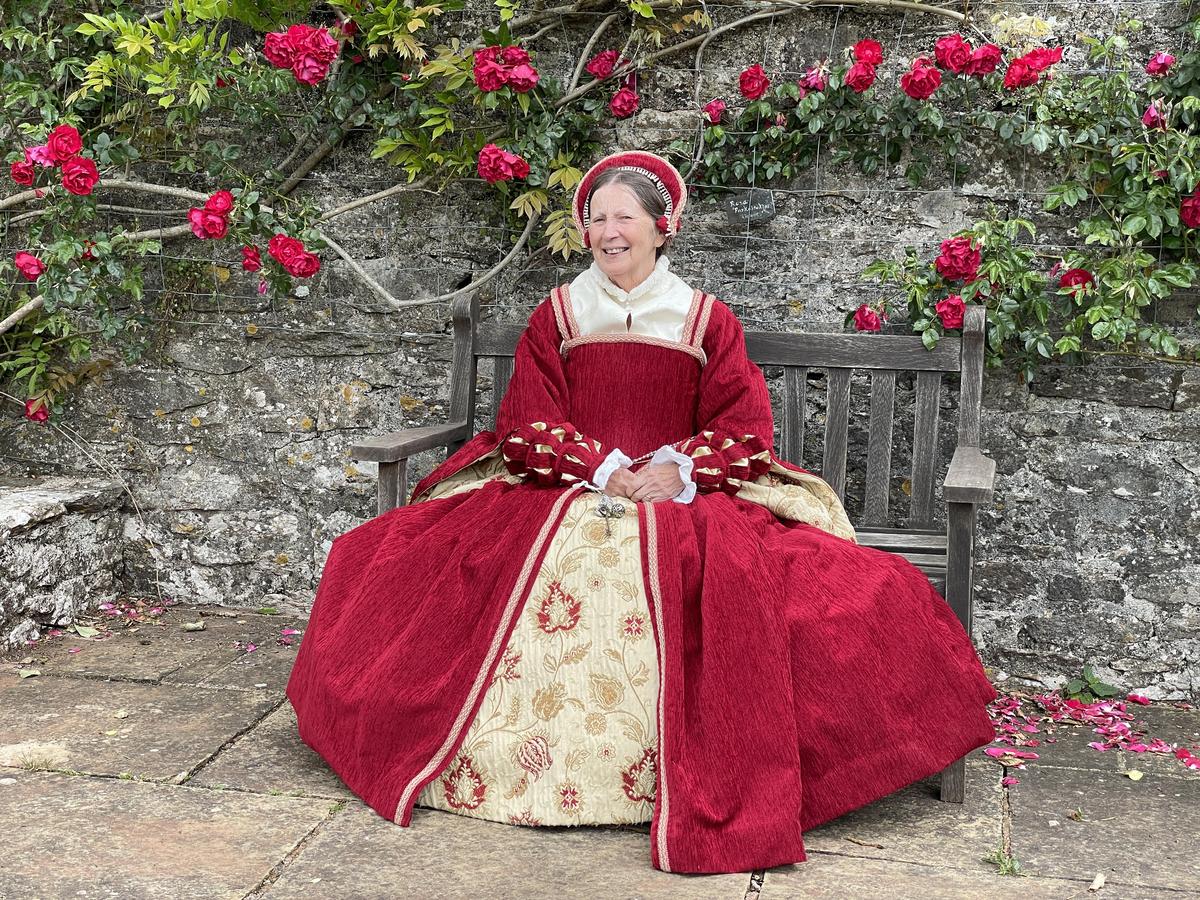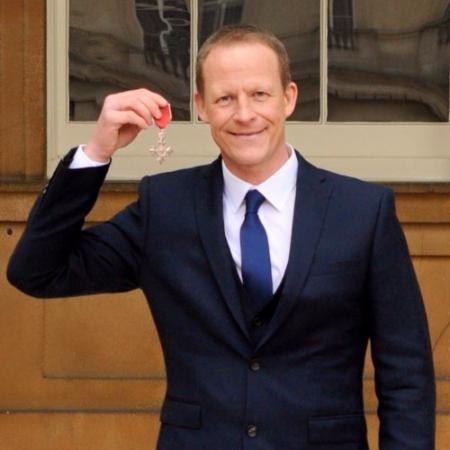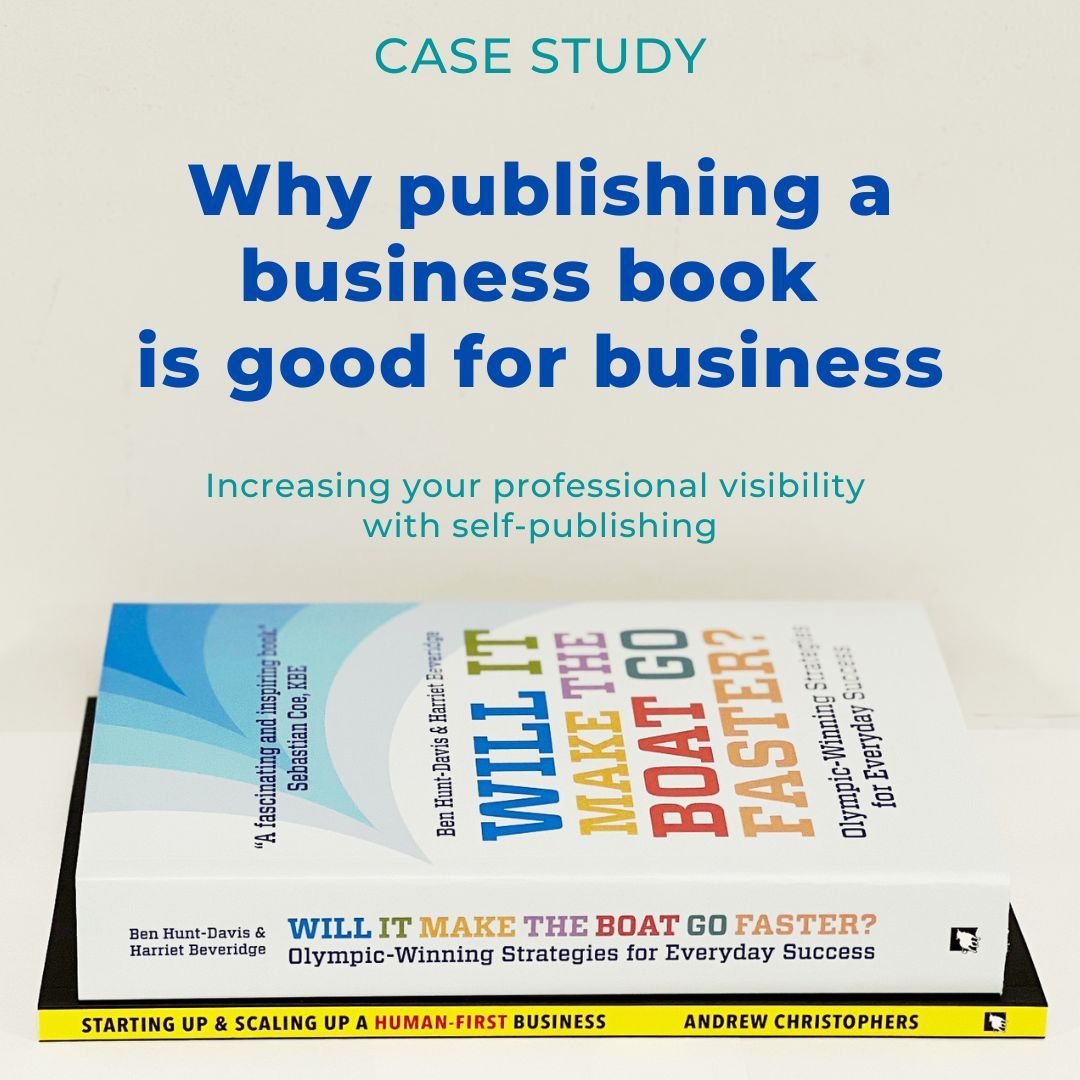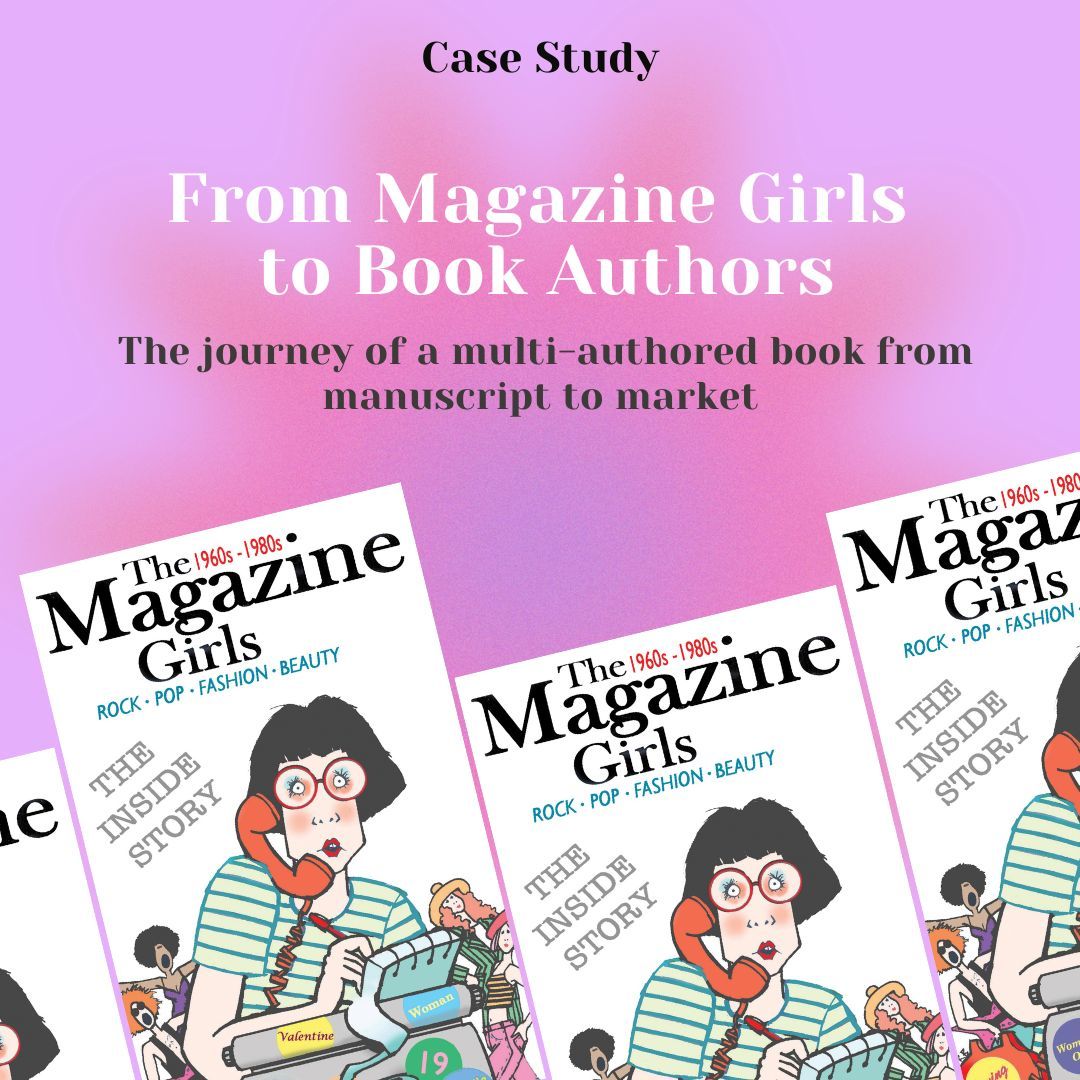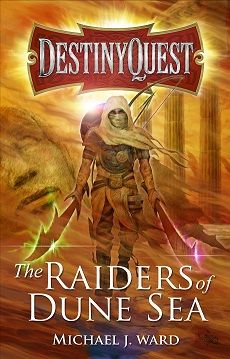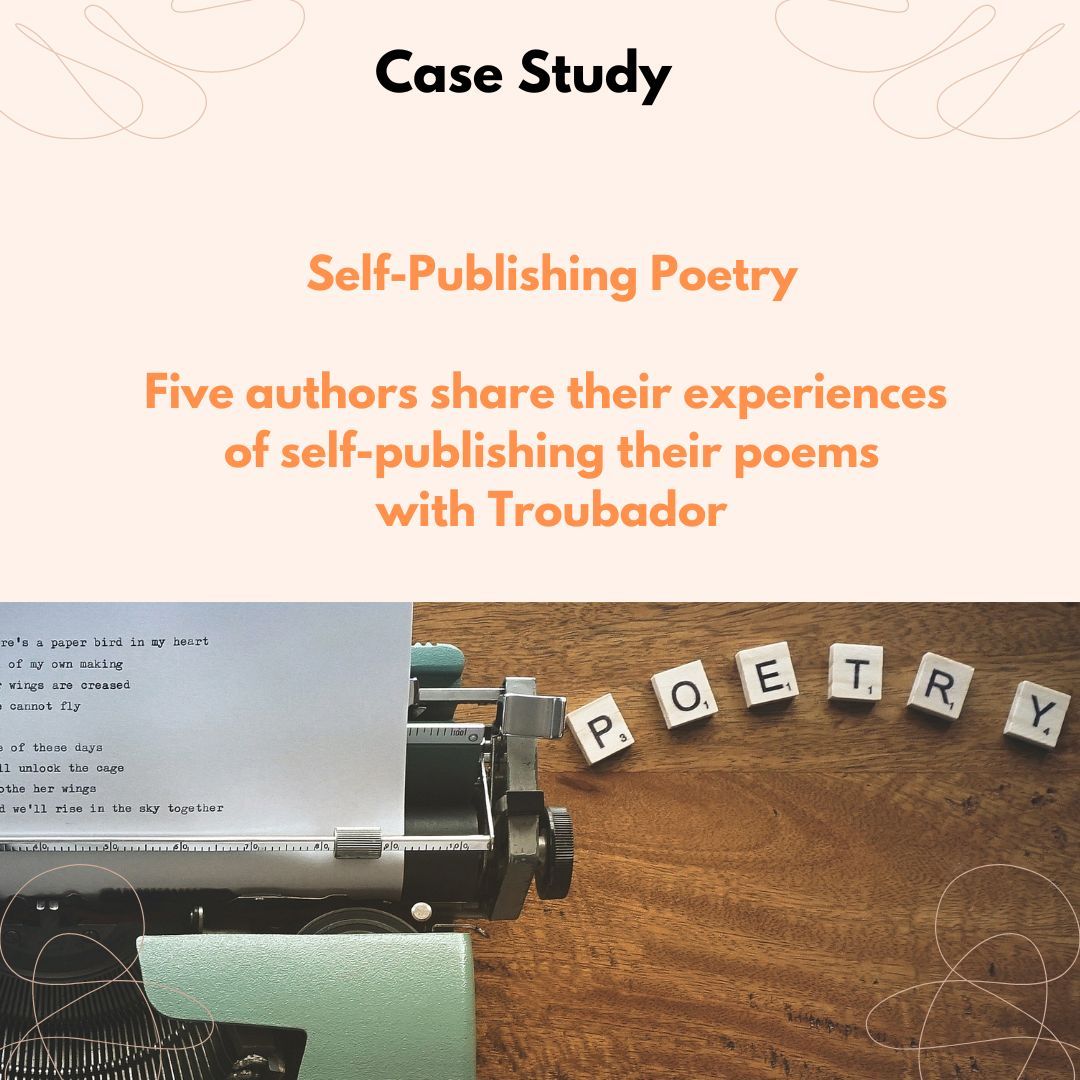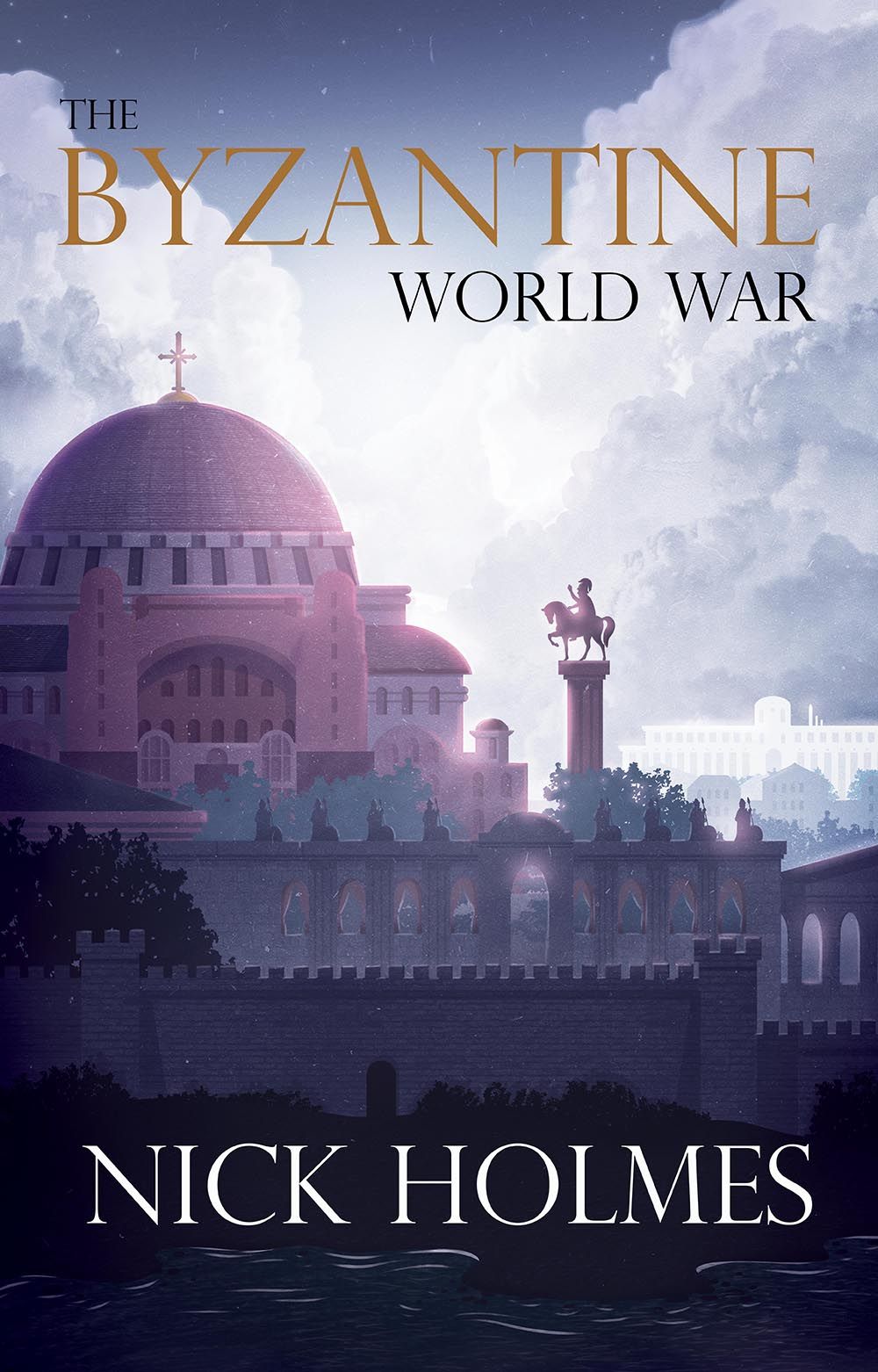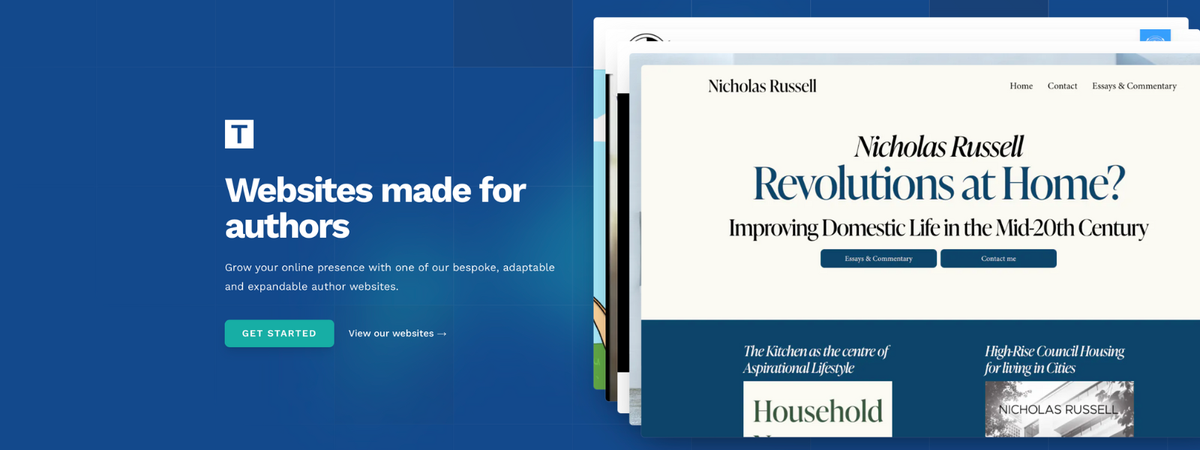
7 min read
Why Every Indie Author Needs a Website
Written by:
Jane Rowland
With an increasing number of titles being published each year, discoverability for authors and their books becomes ever more important. While many authors enjoy the creative aspects of writing, they may struggle with promotion… this is where an author's website can really earn its keep, as a way for authors to promote themselves and build an audience. This case study looks at three Troubador Publishing authors as they launched an author website to help grow their writing profiles.
Why have an Author Website?
The web is now the main way that we discover, find and buy. In 2023 there were an estimated 99,000 search queries each second on Google (8.5 billion searches per day worldwide). Knowing that potential readers are likely to do their reading research online, not just in a bookshop, don't exclude yourself from the opportunity to be found – consider investing in an author website.
In this case study, we speak to three Troubador Publishing Ltd authors – Mark Butterworth, Rosemary Griggs and Jeff Probst – who have all used the Troubador Websites service to develop their author presence online. Mark Butterworth is the author of The Pearl River, a novel of love, war and intrigue, and The Berlin Assignment, a Cold War thriller. Rosemary Grigg’s novels go a little further back in time. She has been researching Devon's sixteenth-century history for years, discovering a cast of fascinating characters along the way. She loves telling the stories of the forgotten women of history in her books A Woman of Noble Wit and A Dartington Bride. Finally, Jeff Probst is the author of When the Moon Was White, whose book has been described by one reviewer as, 'A love poem to the moon... a story about a dangerous plan, sixties music and science, told in beautiful language.’
An Author Website: Authority and Credibility
A website is a digital storefront for your books and writing. A well-designed and considered author website will add authority to you as a writer and allow you to present your work professionally. It provides a hub where readers can learn more about you, the author, explore your work and, importantly, stay updated on your upcoming releases or events.
As Mark Butterwork explains, ‘It’s really important to have a platform where you can promote your books and sell them either directly or through your publisher or bookshops and online retailers. Readers are interested in the background of authors, and an author website gives you scope to tell readers about yourself, your interests, and why you like to write. The ability to post blog updates and news is also key.’
Rosemary Griggs agrees: ‘Writing a book is only the start, readers need to find it. So all authors need to build a platform from which they can promote their books to readers and an author website is fundamental to that. My website enables me to showcase my writing and my work as a historian and speaker together.’
This is important, as a recent survey showed that very few writers can afford to make a living solely from writing alone, so many indie writers also use their author website to promote themselves as speakers, experts in their field and workshop coaches, as well as selling and promoting their books, widening the net of opportunity.
Author Websites for Direct Relationships with Readers
One of the great advantages of self-publishing is that authors get the chance to create and control their marketing campaigns, and can engage and build connections directly with readers, building up a contact book of fans who have purchased their books (rather than this information belonging to the publisher). This can work extremely well through a website.
Jeff Probst wanted to have a central place where readers could come to find out about him and his writing, and where he would have complete control over the content, and his author website was designed to allow him to do just that – with information, videos, blogs, links to reviews and to buy, plus contact information so he can start a conversation with his readers.
Most authors won’t have the tech skills or time to create a good quality website themselves from scratch, so by commissioning someone like Troubador Websites to create your site, you have the opportunity to decide what pages and functions you want and what is right for your book and your marketing. The Troubador Websites service is tiered in price, so you can carefully select what suits you best. To maximise those functions that allow you to interact with your readers and build those important links, consider incorporating features such as author blogs, mailing lists and social media into your website.
Engaging with an audience on a personal level, for Rosemary Griggs, was essential. She wanted her site to be a ‘one-stop shop for all my writing and has links to take potential readers directly to places where they can buy my book. I can receive reviews directly via my website – this is important for me because I sell a lot of books at in-person events. I can also add reviews from retailer sites like Goodreads, so all the reviews are displayed in one place. I post regular articles on my blog, which helps build my profile and my social media accounts. I also have a newsletter sign-up form which has produced a steadily growing following, and I publicise the talks I offer and include an events diary. Finally, a user-friendly contact form means people can easily get in touch to arrange events or send me a review.’
Author Websites: Get control of Branding and Marketing
For all the authors we spoke to, the control over how their author website looked and functioned was crucial. Mark Butterwork explains that he ‘looked at other authors’ websites and balanced my ideas against the cost of the website development’ to get the website he wanted.
Rosemary needed a bespoke option to incorporate all the other activities that were important to showcase on her site, and also because she knew she would be adding on new books as they were published. ‘I had very, very helpful discussions with Troubador Websites and with them, I was able to design a website that perfectly met my needs,’ she explains.
A website is essential for authors as it lets them take control of the narrative around their work as authors and their books and make those important direct links to readers. Mark uses his website to ‘post information about my books and writing, and about me and how and where to buy my books. The blog facility is really helpful in posting broader points of interest, visiting book festivals, favourite bookshops, my book signings and so on.’ His website is, he adds, ‘the shop window that brings potential readers to me.’
Jeff Probst chose Troubador Websites because ‘it made sense to have Troubador create my site, since I was publishing with them too, and the websites they had created for other authors looked good. My website decisions have been based on what additions were recommended or suggested, and include a blog, videos, reviews, imagery and the all-important contact page. Sam, the Troubador Website developer, has been great to work with, and I continue to ask for his assistance. I appreciate how efficiently he adds new items to my site, how good the site looks, and how smoothly it functions.’
Functionality and Author Websites
Rosemary encourages authors to get online. ‘It’s well worth investing in a well-designed website. It will bring you new readers and help you keep existing ones. But you must be prepared to commit the time to keep it lively and up to date.’ Rosemary makes a valid point that a stagnant, unchanging website will not attract and hold readers’ attention. If an author is going to commit to a website they will want one that will enhance their reputation as a writer and that readers will enjoy exploring.
Mark encourages writers to ‘Keep your website fresh and interesting. You must be prepared to do the majority of work yourself – such as blogs, uploading photographs and book blurbs’, which will keep the content alive for readers and also help with search ranking. Websites can also be useful to start understanding reader behaviour – through more enhanced elements such as search techniques and tracking analytics, authors can optimize their websites to maximize visibility and reach – functions that can all be added on.
Jeff also raises another important point: writers, perhaps more than other trades, need to make sure their website is an error-free storefront: ‘Make sure your website looks professional and that each item you upload is clear, correct and, hopefully, of interest to potential readers.’
As demonstrated by the real-life authors interviewed here, and their own experiences, an author website is now a fundamental tool for indie authors, so in an increasingly competitive publishing landscape, indie authors must embrace them as part of their marketing plans – especially a well-designed one that serves as a dynamic platform for authors to build direct relationships with readers, and enhance their branding and marketing.
So consider investing in an author website to maintain a strong online presence, showcase your books and expand your readership.

